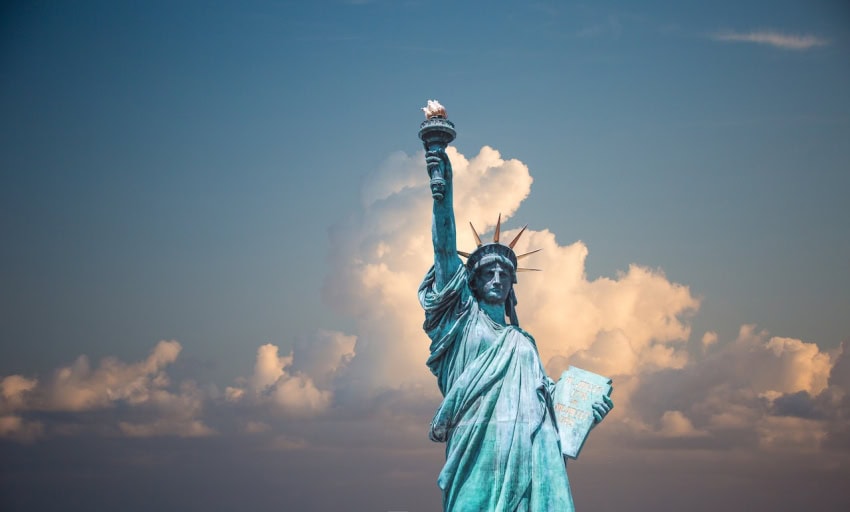WASHINGTON – Tax on tourists seems to be a new trend as a US state has also suggested charging those who land in the region and enjoy the scenic beauty.
Hawaii is mulling a visitor impact fee of $50 to raise additional revenue to offset visitor impacts and ensure a healthy environment for future generations.
A bill has also been introduced in this regard which says a regenerative tourism fee has been suggested by the Hawaii tourism authority as a potential means to preserve the critical natural resources.
“The legislature believes that a license requirement for visitors who enjoy Hawaii’s public beaches, trails, parks, and ecosystems could generate the necessary funding each year to offset the adverse impacts of visitors and conserve Hawaii’s irreplaceable green infrastructure in perpetuity,” states the bill.
The bill also cites examples of Galapagos Islands, New Zealand, and Palau where such fee has been imposed in the past and has been successful.
“The purpose of the visitor impact fee program shall be to provide sustained funding for the protection, restoration, regeneration, enhancement, and care of Hawaii’s natural and outdoor recreational resources and build resilience of these resources to withstand the impacts of increased visitor use,” the bill reads.
Although the legislation has yet to be implemented, the wording of the bill implies that the fee might be imposed very soon, despite reservations from tour guides and some of the tourists as well.
If the fee is actually passed, it will be the first environmental visitor’s fee in the United States. This follows a tourism tax imposed by the United Kingdom for its city Manchester at £1 per room, per night though it is not imposed to save the environment.
Hawaii welcomes tourists from across the world. The Department of Business, Economic Development and Tourism (DBEDT), said a total of 753,750 visitors arrived in the Hawaiian Islands in February 2023 which represents a 96.5 percent recovery in total visitor arrivals from February 2019.
The Hawaiian Islands are some of the most ecologically diverse in one place. These islands hold 27 of 38 Holdridge lifezones, making them the single most habitat rich place on Earth.














